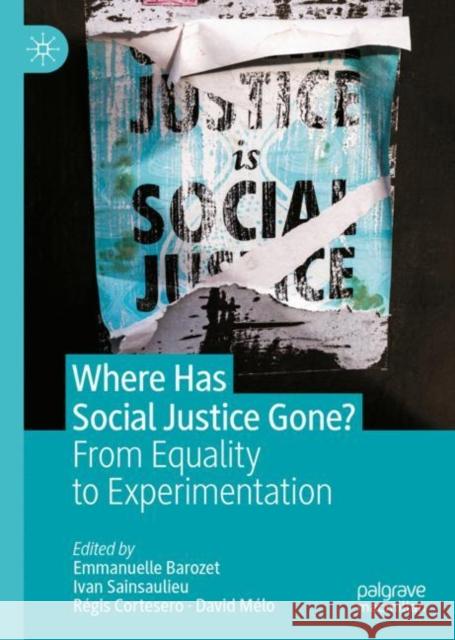Where Has Social Justice Gone?: From Equality to Experimentation » książka
topmenu
Where Has Social Justice Gone?: From Equality to Experimentation
ISBN-13: 9783030931223 / Angielski / Twarda / 2022
Where Has Social Justice Gone?: From Equality to Experimentation
ISBN-13: 9783030931223 / Angielski / Twarda / 2022
cena 603,81
(netto: 575,06 VAT: 5%)
Najniższa cena z 30 dni: 578,30
(netto: 575,06 VAT: 5%)
Najniższa cena z 30 dni: 578,30
Termin realizacji zamówienia:
ok. 16-18 dni roboczych.
ok. 16-18 dni roboczych.
Darmowa dostawa!
Kategorie:
Kategorie BISAC:
Wydawca:
Septentrion University Press
Język:
Angielski
ISBN-13:
9783030931223
Rok wydania:
2022
Oprawa:
Twarda
Dodatkowe informacje:
Wydanie ilustrowane











